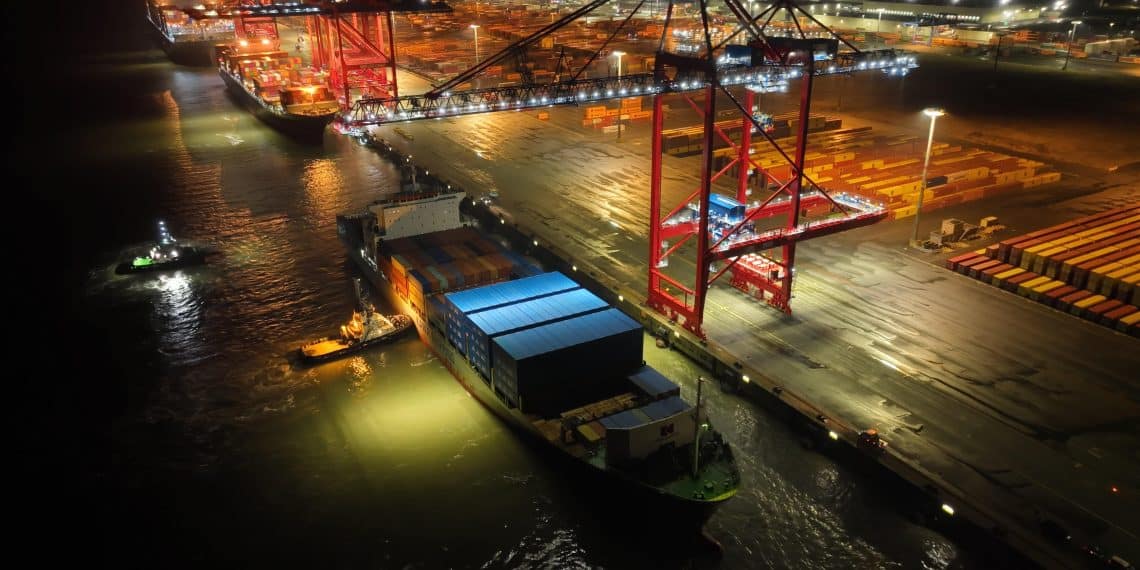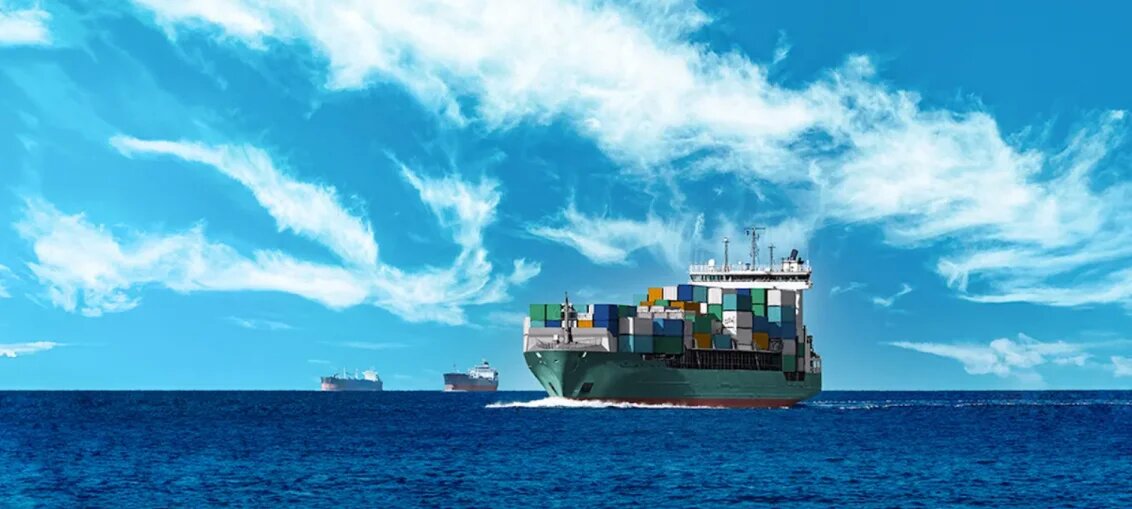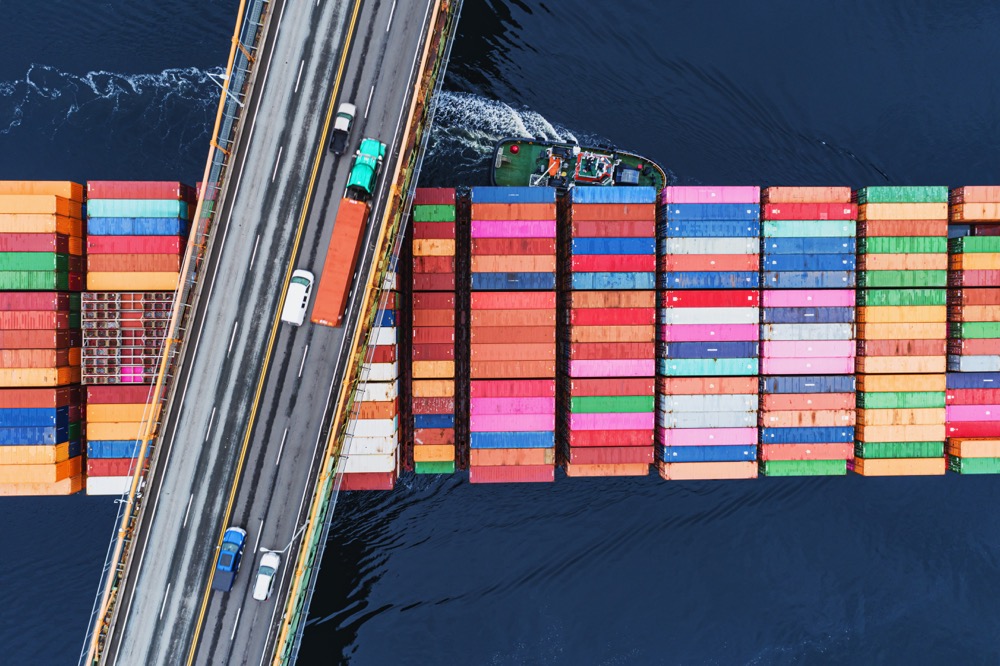As reported by Logistics Alliance Germany (LAG), the drive towards digitalisation in logistics transcends mere project implementation; it embodies a fundamental management philosophy. Under the leadership of Chairman Marc Oedekoven from KIBIX Logistics, alongside board members Dr. Frank Albers from KRONE and Holger Dechant, LAG is committed to fully digitising logistics processes—from initial customer inquiries to final delivery coordination.
Oedekoven indicates that this transformation is already in progress. Routine tasks like generating quotes from customer requests are increasingly managed by Artificial Intelligence (AI) and APIs, which enhance response times and accuracy. However, more intricate tasks such as import customs clearance still pose challenges; for instance, assigning HS codes remains a task that current technology struggles with. Oedekoven anticipates advancements in AI will soon address these complexities.
“We firmly believe that the entire logistics process can be digitalised completely—this is our goal,” Oedekoven stated. He emphasized that successful digitalisation hinges on collaboration between tech experts and logistics professionals: “A tech expert alone cannot create an effective digital forwarder; it requires both skill sets working together.”
To achieve its ambitious goals, LAG promotes closer partnerships between logistics practitioners and technology innovators. This collaborative approach is vital for developing scalable solutions throughout the supply chain.
The anticipated benefits are significant: reduced costs, enhanced efficiency, a smaller environmental impact, and alleviation of workforce shortages within the industry. “This shift will free up employees to focus on more strategic tasks,” he noted.
Collaboration serves as a critical foundation rather than an optional enhancement in this context. “It’s essential for success,” asserts Oedekoven. Sharing data leads to valuable insights beneficial for all parties involved.
The political landscape in Germany supports this vision with the appointment of its first Minister for Digitalisation—a role designed not just for strategic thinking but also implementation at high levels of governance.
Germany’s logistical prowess extends beyond infrastructure—its willingness to learn from global practices sets it apart.
“We acknowledge we don’t have all the answers; we can learn from others while also offering valuable insights ourselves,” said Oedekoven.
A notable initiative includes collaboration with member company Sommer on a fully digitised co-driver system tailored for airfreight trucking—streamlining processes ranging from permits to navigation systems through effective partnerships across sectors including government agencies and tech providers.
Sitting at a pivotal junction of global trade routes enhances Germany’s significance within international logistics networks: “Most trucks traversing Europe inevitably pass through Germany,” remarked Oedekoven—not out of pride but recognition of their role as key partners in trade dynamics.
The ambition extends beyond maintaining this centrality; there’s also an aspiration to set global standards within digital logistics—a space currently unclaimed by major players like those in Silicon Valley or China according to Oedekoven’s vision.
Candidly addressing sustainability challenges ahead, he acknowledges full CO₂ neutrality may be unattainable particularly concerning ocean freight or aviation yet emphasizes potential gains through improved operational efficiencies using AI technologies—for example optimizing load factors on freighters which currently average only 65% utilization rates could yield substantial improvements when addressed effectively through innovation.
The alliance remains focused amidst shifting production patterns globally while recognizing emerging markets such as Africa alongside strengthening ties with established partners like Singapore—a subtle yet strategic pivot rather than drastic shifts away from existing frameworks according to Oedekoven’s observations regarding market trends moving forward into new territories without abandoning globalization altogether despite regional adjustments taking place over time ahead!
A pressing challenge lies ahead: attracting young talent into the logistics sector which offers unparalleled opportunities globally compared even against consulting firms or banks where true international engagement occurs daily! As someone who teaches students directly about these realities surrounding their mobile devices’ production involving upwards 70 countries instead merely 10-15 often assumed—it becomes clear how integral understanding modern supply chains truly matters today!
This sector now encompasses themes such as AI integration sustainability initiatives cloud computing—all presenting intellectual challenges appealing enough attract younger generations eager engage meaningfully! We must actively promote awareness starting early educational stages continuing onto university levels fostering interest among youth exploring careers here!” he urged passionately emphasizing need cohesive narrative linking together diverse topics shaping future landscape globalized commerce overall!




